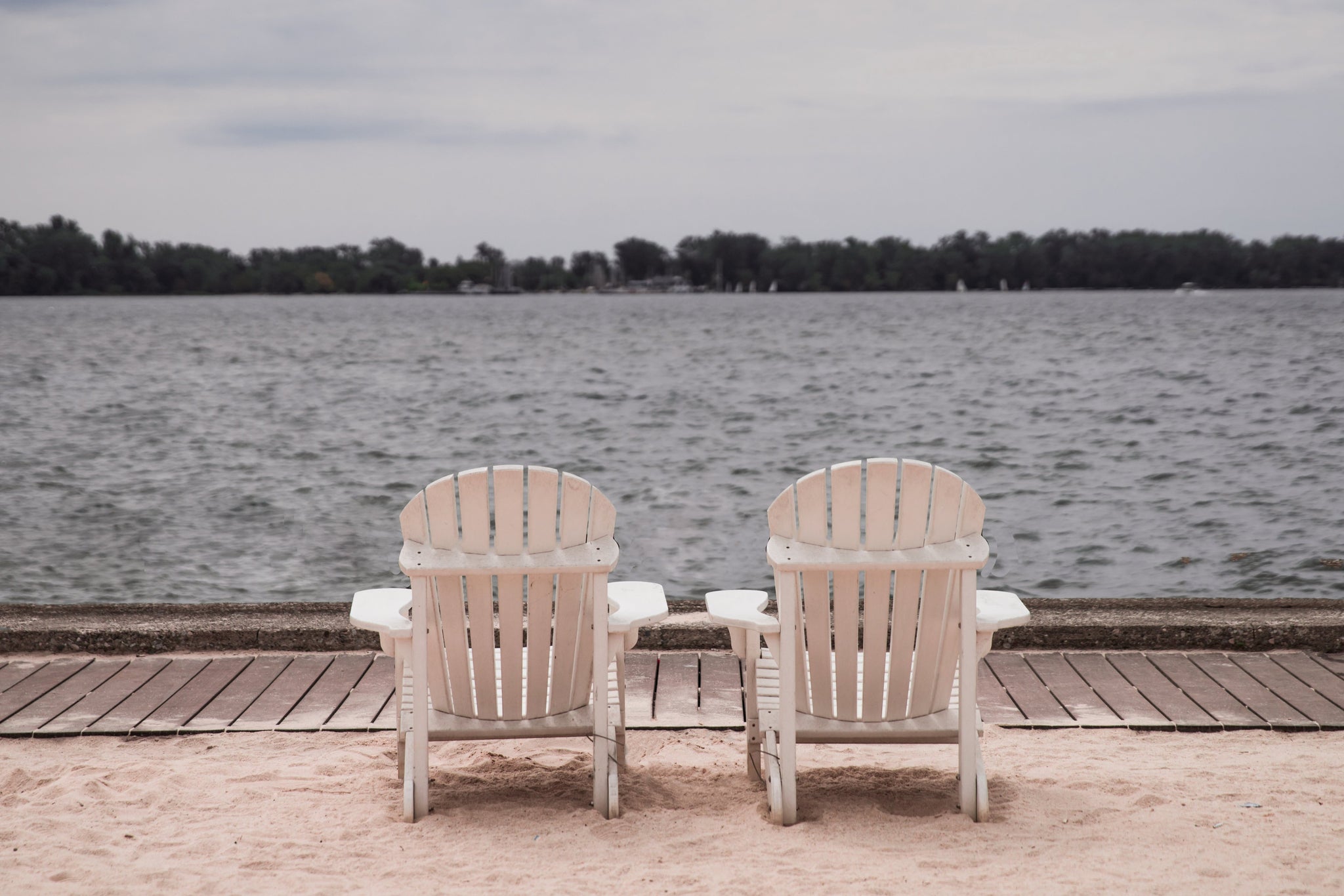Clear Lake Coffee Roasters: Explorer Series - Long Road. Long Miles. Burundi. - September 15, 2020

It’s 2014. Your family grows coffee in the highlands of northern Burundi. Your family has been growing coffee for generations because they were forced to grow coffee, long ago, by Europeans who tried to make this part of Africa their own slice of Africa for a time, until they didn’t. Almost nothing about growing coffee has changed in the memory of your family except, perhaps, it was once something they were forced to do and now it is simply what they do.
The coffee grows on around 200 trees that are older than any living member of your family. It is harvested and the cherries carried to a government washing station, the same washing station for many years now, where you are told how much you will be paid. If you don’t like the price, you might try another washing station if you are willing to carry the coffee that much further, which is likely a great deal further, but the price will be the same. It might be less. Maybe they won’t even buy your coffee and send you back. It’s hard to know at any time what anyone working for the government will do or not do. A few years earlier, the government announced that the coffee industry in Burundi was now private, but the only washing station you know is still run by the government.
There has been much turmoil over the many years since independence, some of it almost unspeakable. But with few exceptions, coffee farming remains the same.
Until this year. An American family has built a washing station nearby, though you’re not sure it is true. It doesn’t seem like it could be true, but you’ve seen it with your own eyes, seen them, heard them talk about the things they are trying to do. Can you believe them? You don’t know. Can there be change? You’re not sure. Will the government allow such a thing? Nobody knows until they know.

It’s 2010. Imagine you are an American couple living in South Africa, in love with coffee and looking for your place, that place where your love and your work come together to make a life. You won’t settle for less, and this might be the only thing of which you are certain. One of you is hired to tour Burundi and assess the quality of the coffee. As you visit the washing station after washing station and taste the coffee, two things become clear in your mind. The coffee is really good. The coffee could be so much better, and maybe then, too, the lives of coffee farmers.
This job, this tasting job, leads to another job where your family moves to Burundi and you have an opportunity to make the coffee better. You do. You really do. But the changes you are working to make are not having a real impact on the lives of farmers. By 2012 you know this is not the place where your love and your work come together to make a life. Or, maybe it is the place but not the way. You love the coffee. You also love the people who grow the coffee. The quality of coffee must improve and the quality of life for the farmers must improve. Non-negotiable symbiosis.
We need to build a washing station or go home, one of you says, and it is one of those moments in time that time will never wear away because it was the moment you understand, at least for now, how love and work could fit together to make a life, though not an easy life, you will always add, when you tell the story in the future.
It just might be that the most enduring legacy of colonialism in Africa is bureaucracy, but when you decide to build a washing station, you learn that there is something worse than bureaucracy: random bureaucracy. It destroys any semblance of a learning curve. The hoops you jump through this year might bear little resemblance to the hoops through which you jumped last year, last month, or last week when a military official disrupted your meeting with a group of coffee farmers to accuse you, in quick succession, of paying farmers too little, using dishonest scales, and not paying your taxes. Fortunately, the farmers gathered could attest that you pay twice as much for their coffee as they received previously, and your scales always favor the farmer when compared to government scales. Also fortunate, a local administrator was present to declare you are in good standing in terms of taxes. The military official congratulates you on a fine job and then insists you cannot buy coffee from these farmers. Random.

You believe the 2013/14 crop year in Burundi and opening your new Bukeye washing station is the hardest year of your life. It will turn out that you are wrong. But 400 families from 8 hills brought coffee to you at what you consider a makeshift washing station. When you look at it you see the crooked stairs and all the things that could be better. The 400 families didn’t see the crooked stairs or all the things that could be better. They saw people who kept a promise and now believe that coffee can be more than just what they do. Coffee can be a pathway.
You will build another washing station, Heza, and it will be more challenging than the first. The hard and the random will persist and deepen. And yet … and yet, the coffee continues to improve and the number of families who trust this American family who came to Burundi by way of South Africa will grow, many many times over. More than 4,000 coffee farming families will become part of your intersection of love and work at Bukeye and Heza, making a life.
The effort, which never becomes easier, expands beyond the washing stations. You are sending “coffee scouts” into the coffee hills to find and destroy pests and provide agronomic assistance to farmers.
Sometimes, the long shadow of post-colonial Africa moves beyond bureaucratic nuisance and becomes violence. You measure the bullets and explosions and leave and return and leave and return. But in many ways what you started is larger than you now, bigger than political instability. Thousands of coffee farming families now understand that not all coffee is the same and that how they treat the coffee matters. They will not retreat from their understanding.

It’s 2016. You have a basket of bananas. The bananas are valuable, a week of wages you reckon. But you’re not bringing them to market. You are bringing them to the family that you trusted when you had no real reason to trust them. The bananas come from your patch of a hill where you also grow coffee, as your family has for generations. But now, coffee is sending not just one, but all of your children to school. The washing station family, and of course you know their names now, and the names of their children, accept the gift, though you can see in their eyes they are uncomfortable. They are thinking, you know, that they have already received their payment for what they do with the coffee. But you understand that they are ever yet strangers in a strange land and though their lives may have been something you cannot easily imagine before they arrived, they are here now and here they have remained long enough to pass something along that cannot be forgotten, even over several seasons.
Coffee is hard love and coffee is hard work and Long Miles Coffee in Burundi is just getting started.

Whilst you're here are 6 reasons for making Clear Lake Coffee Roasters - CLCR - your go-to coffee roaster:
☕️ We are a local family-run business located in the heart of Clear Lake, Iowa.
☕️ We go to great lengths to find only the finest and ethically sourced coffee around, from the top 2% of coffee beans in the world.
☕️ We only source 100% certified Arabica coffee beans, carefully hand-selecting each coffee based on specific quality and taste attributes.
☕️ Our roasting process has been refined over the years and each roast profile is individually designed to complement the nuances of the coffee we source, from Cup of Excellence (COE) award-winning producers.
☕️ By roasting in smaller batches, we can ensure our coffee is ALWAYS fresh, in fact, we roast your coffee only after you place an order - the same day your order ships out.
☕️ At CLCR, we are dedicated to a single mission: the unyielding pursuit of coffee perfection in every cup.
We would give you more reasons, but rather than reading it's better if you visit our website, purchase a bag or two, and experience a unique caffeinated or half-caff journey for yourself 😊!
Explore goodness. Click. Buy. Smile.


Leave a comment
Please note, comments must be approved before they are published